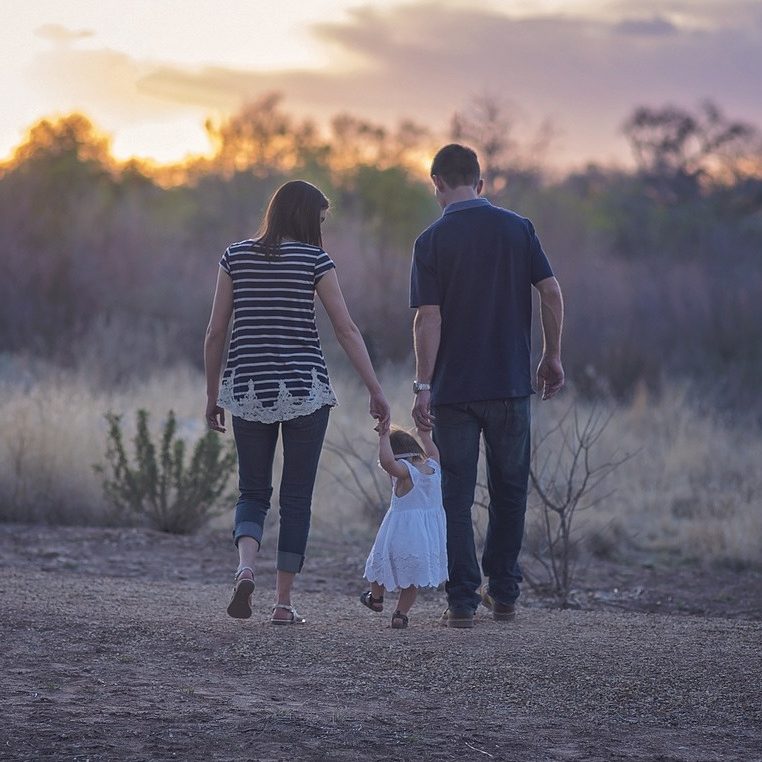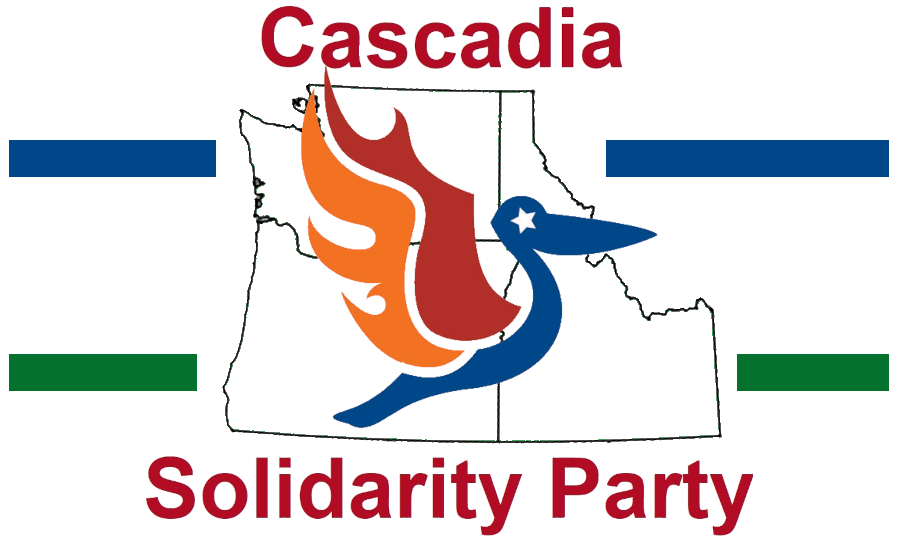
Our society acts as if ecology and the economy are opposed to each other, but in fact, they are two sides of the same coin. Both come from the Greek root word οἶκος, meaning “house”. Ecology means learning the logic by which our global house operates, while economy means following the rules of living with others in this house. There’s no contradiction between the two.
The end goal of the economy is to allow every family to meet their needs as efficiently as possible, which entails revitalizing the commons that people draw upon to provide for their needs, creating a safety net for people whose age or health restricts their productive capacity, providing for the defense of people and their property, and distributing excess goods fairly, in proportion to how much people have given.
Problems occur when we try to measure the economy merely with sums of money. A sign of a “bad economy” is that speculation is rewarded while laborers languish. We should avoid waste just as much as poverty, and this is ignored by aggregate numeric measures like GDP or inflation. Dorothy Sayers said, “A society in which consumption has to be artificially stimulated in order to keep production going is a society founded on trash and waste.” Defining the goal in terms of “growth” contradicts the true meaning of “economy”, and also starts to interfere with its sister, ecology.
Ecology starts with scientific study of how our planet works. Life is beautifully resilient, and will find a way to thrive in many diverse environments, from the arctic to the tropical rainforests. Ecology does not mean simply conserving the way that things used to be; we build upon nature to improve it and ourselves. For example, in the inland Northwest, we have canals that water the desert, causing farms and trees to spring up in areas that were previously brown. While humans can and do improve on nature, we also have to recognize our limits. When we have no regard for long-term sustainability or regard for its natural rhythms, the Earth is pushed to the breaking point.
Personally, my desire for luxurious consumption has been kept in check by the basic material needs of my wife and children who share my house. Imagine if the news media reported as much on the growth in the number of healthy productive families as they do on the growth in the value of material goods exchanged. Perhaps Americans would be more motivated to let go of a few luxuries and share with the less fortunate who share our global house. Perhaps we would work a little harder to produce locally instead of exporting the environmental destruction to the other side of the world.
The rules of justice and the logic of science are both telling us the same thing. Money is only a means that we use to grow our human community. We get it completely backwards when we use people as means to grow our money. Families and friendships are natural ways to keep the purpose of material goods in perspective. When we let love limit our lust for luxury, we can work together to see both our economy and ecology flourish.


2 responses to “Ecology and Economy”
Indeed! There can be no larger economy without basic household management. Likewise, there can be no sense to economics as a discipline, if economics becomes unmoored from the propagation of human life, beginning in the family.
It seems that currently we have Dorothy Sayers “society based on waste and trash”. Without the support and interest to measure an “economy” of flourishing people and families, (which may indeed have less to do with material wealth and more to do with relationships and community), we are left with exploitation of people and the environment, an immoral and growing wealth gap and increasing dissatisfaction in people’s lives.
Focus on flourishing families and communities may be helpful. It can be difficult to define “flourishing” and tempting to attribute causality to specific qualities that may only correlate. As individuals and communities start to consider economic systems outside of capitalism and growing material wealth, perhaps there can be measurable value of strong families and communities that live gently in our environment and support the common good.